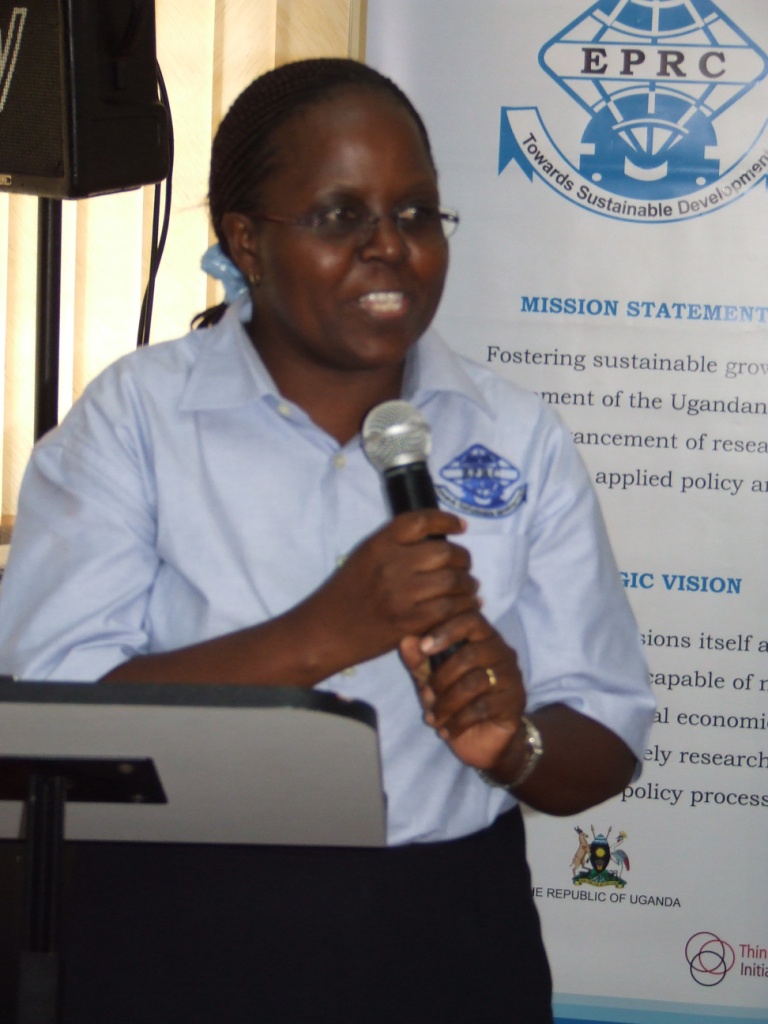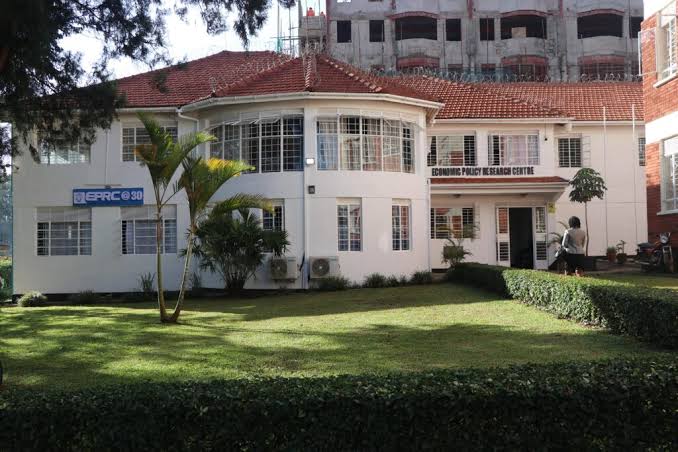
Kampala, Uganda – Tensions are simmering at the Economic Policy Research Centre (EPRC), Makerere University, as junior staff express discontent over what they describe as unfair retirement age policies and alleged irregularities in recruitment and salary adjustments.
At the heart of the conflict is a recent decision by the EPRC Senior Management Team (SMT) to differentiate retirement ages for staff—proposing 60 years for junior staff and 70 years for senior management. This decision has drawn sharp criticism, particularly following the extension of service for Executive Director Dr. Sarah Ssewanyana, who has held the position since 2009.
Dr. Ssewanyana, who joined EPRC in 2003 as a Senior Research Fellow and later became Principal Research Fellow in 2008, now leads the SMT, which includes Dr. Ibrahim Kasirye (Director of Research), Ms. Mary Kivunike (Director of Finance and Shared Services), Ms. Elizabeth Birabwa (Program Manager), and Ms. Fatuma Namubiru (Human Resource Manager).
“All those members are 50years and above and they don’t want to retire at 60 years, which is the standard according to public service policy. That’s why they have overridden the EPRC Human Resource Manual to extend their retirement age to 70, while forcing junior staff to retire at 60,” said a concerned junior staff member who spoke on condition of anonymity.
The whistleblower called upon key government figures including Speaker of Parliament Rt. Hon. Anita Annet Among, Public Service Minister Hon. Wilson Muruli Mukasa, the Inspector General of Government (IGG), and Prime Minister Hon. Robinah Nabbanja to intervene in the matter.
According to Uganda’s Public Service Standing Orders (2021) and the Pensions Act (Cap 286, Vol. 11), the mandatory retirement age for public servants is 60 years, with provision for early retirement from the age of 45 after 10 years of service.
Adding fuel to the fire, junior staff have also accused the SMT of implementing selective salary increments. Despite a government-approved EPRC budget of UGX 5–8 billion—which included provisions for salary adjustments—sources allege that only senior management and board members benefited from the increment, while junior staff were left out.

EPRC Executive Director Dr Sarah Ssewanyana
Concerns have also been raised about recruitment practices at the Centre. Reports indicate that six positions, including roles such as Research Fellow and Research Analyst, were filled internally without any public advertisement or competitive process, allegedly in contravention of public service recruitment guidelines.
The individuals reportedly appointed without open competition include:
Sheila Nakazi – Research Analyst
Phiona Namulira – Research Fellow
Sunday Amos – Research Fellow
Philemon Okillong – Research Analyst
Pauline Nakitende – Research Analyst
Christine Alumo – Research Fellow
Additionally, Atwesigye Damson is said to have assumed the role of Knowledge Specialist Manager in charge of the EPRC Library without undergoing a formal interview process.
“We waited for job advertisements that never came. Then we suddenly learned that all positions were filled internally. This undermines transparency and fairness and violates recruitment guidelines set by the Ministry of Public Service,” the source added.
When contacted for comment, EPRC’s Human Resource Manager, Ms. Fatuma Namubiru, declined to respond directly to the allegations. “I do not have the authority to speak on those matters. Please contact our Executive Director via email,” she said, citing other ongoing commitments.
As the situation develops, junior staff continue to call for an official investigation by the IGG and relevant government bodies to restore fairness, transparency, and adherence to public service standards at the EPRC.